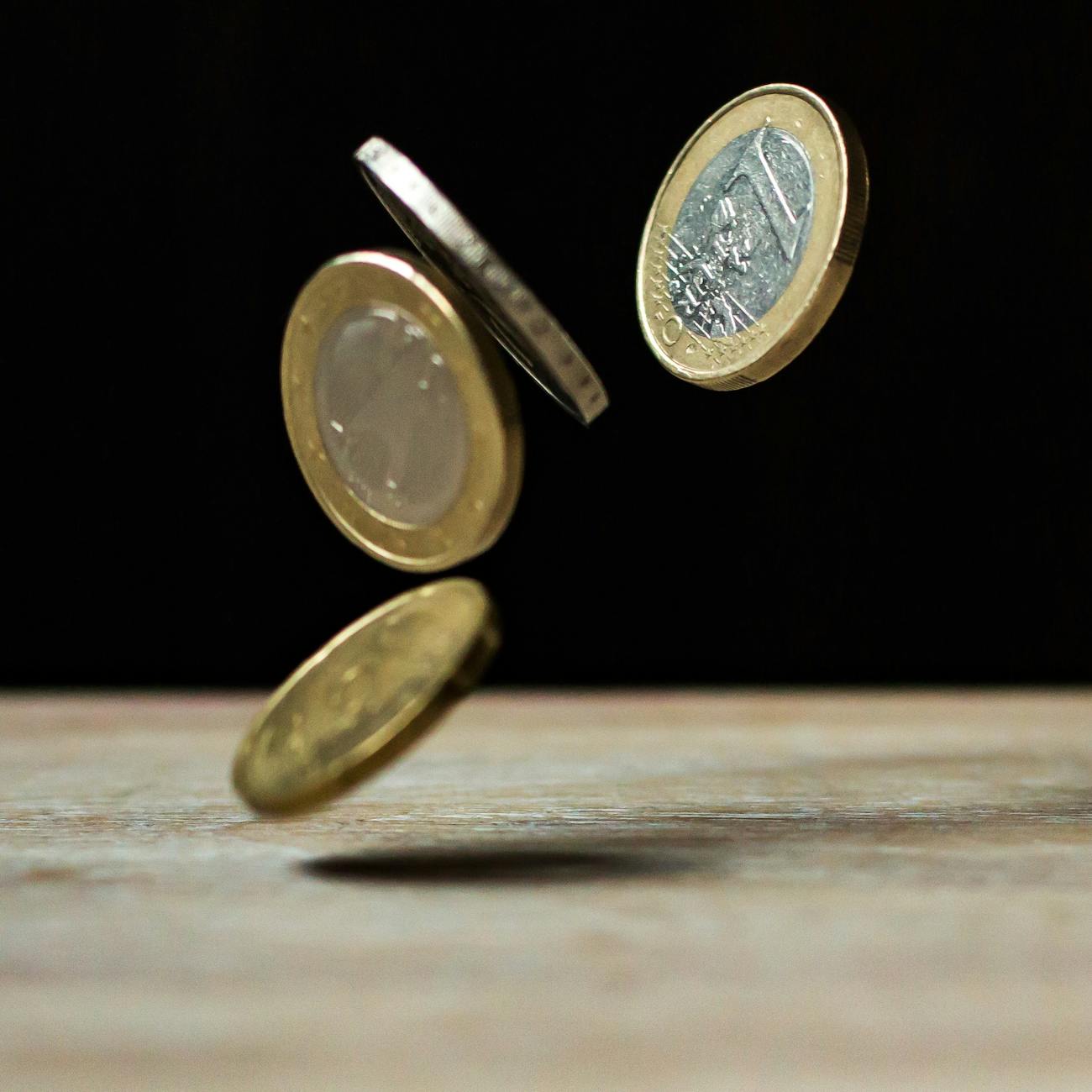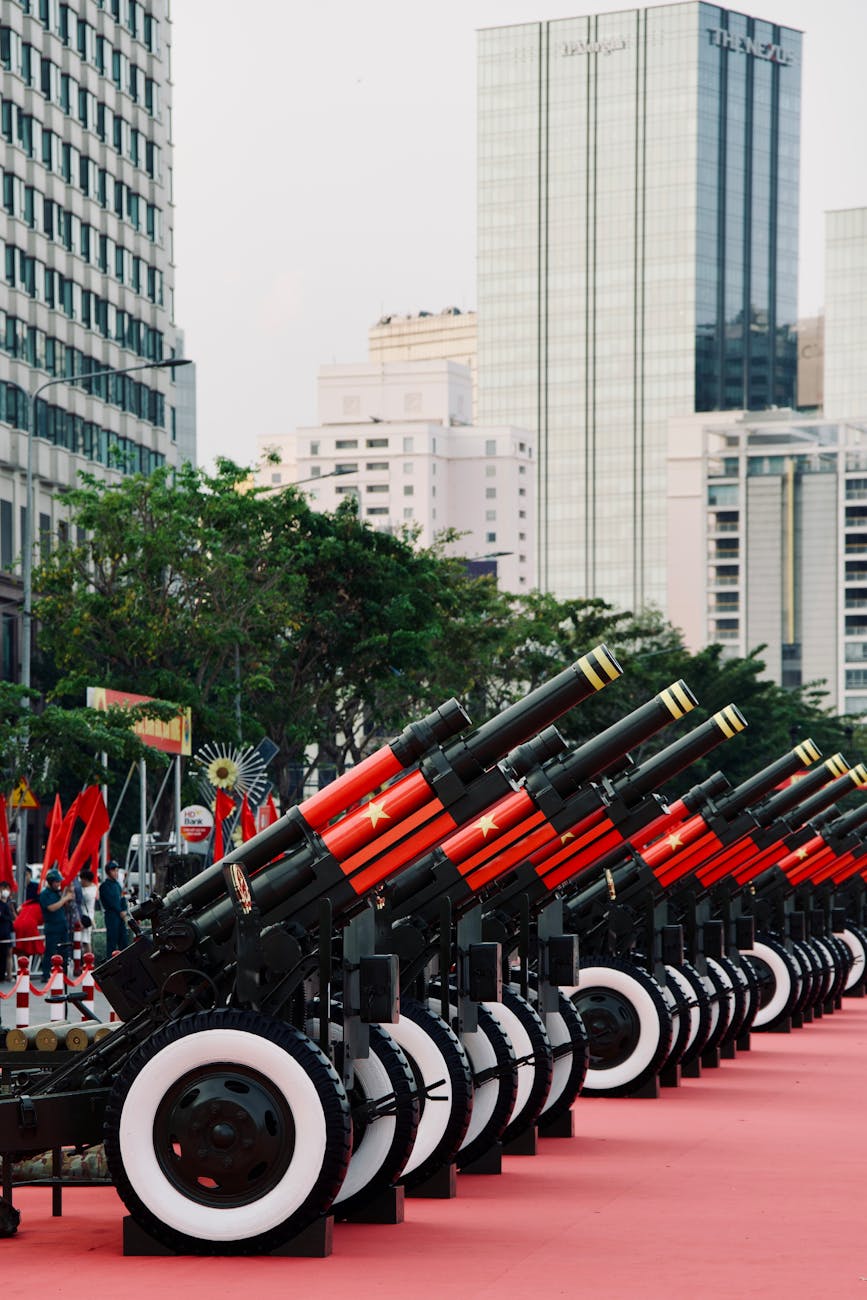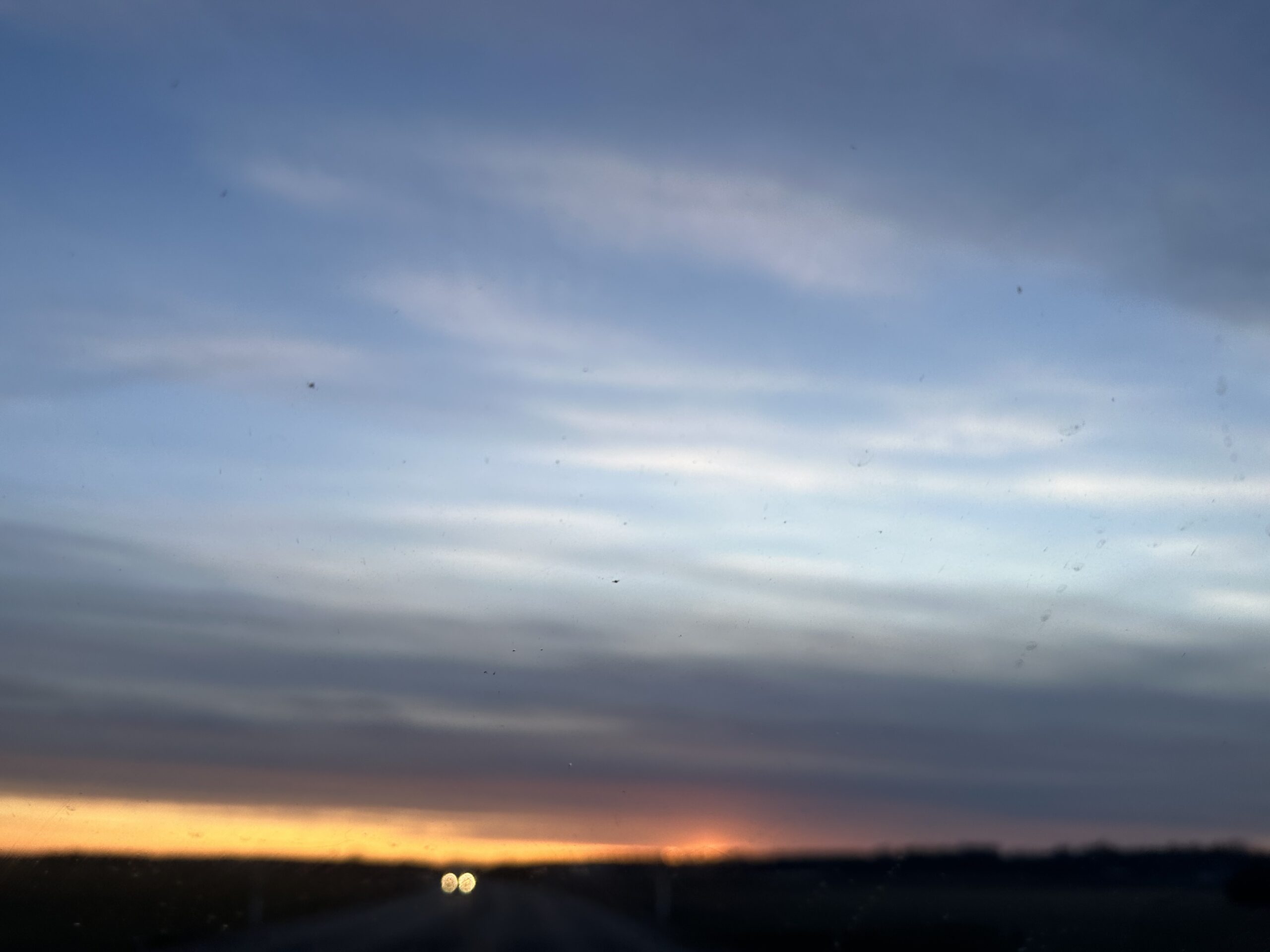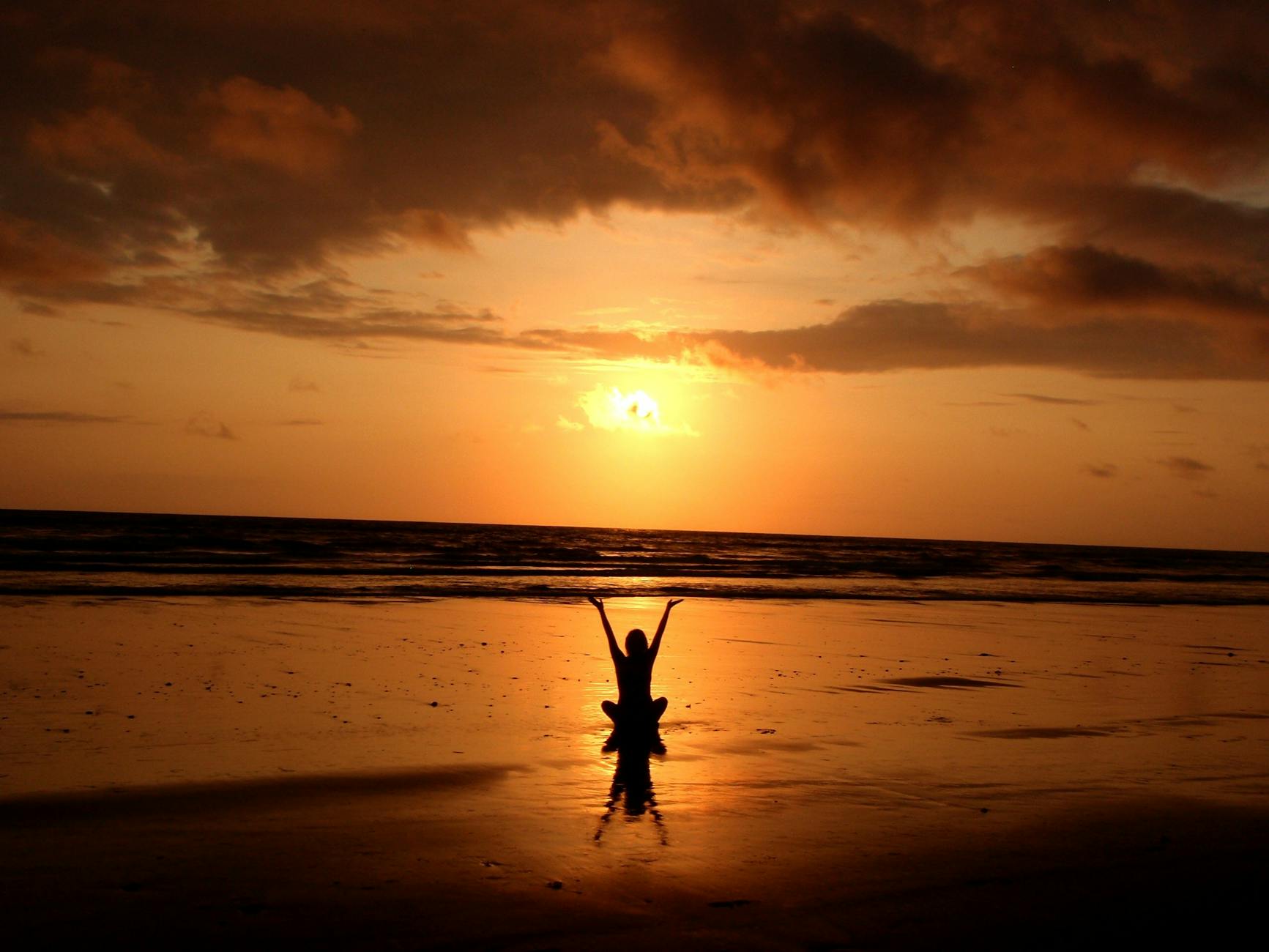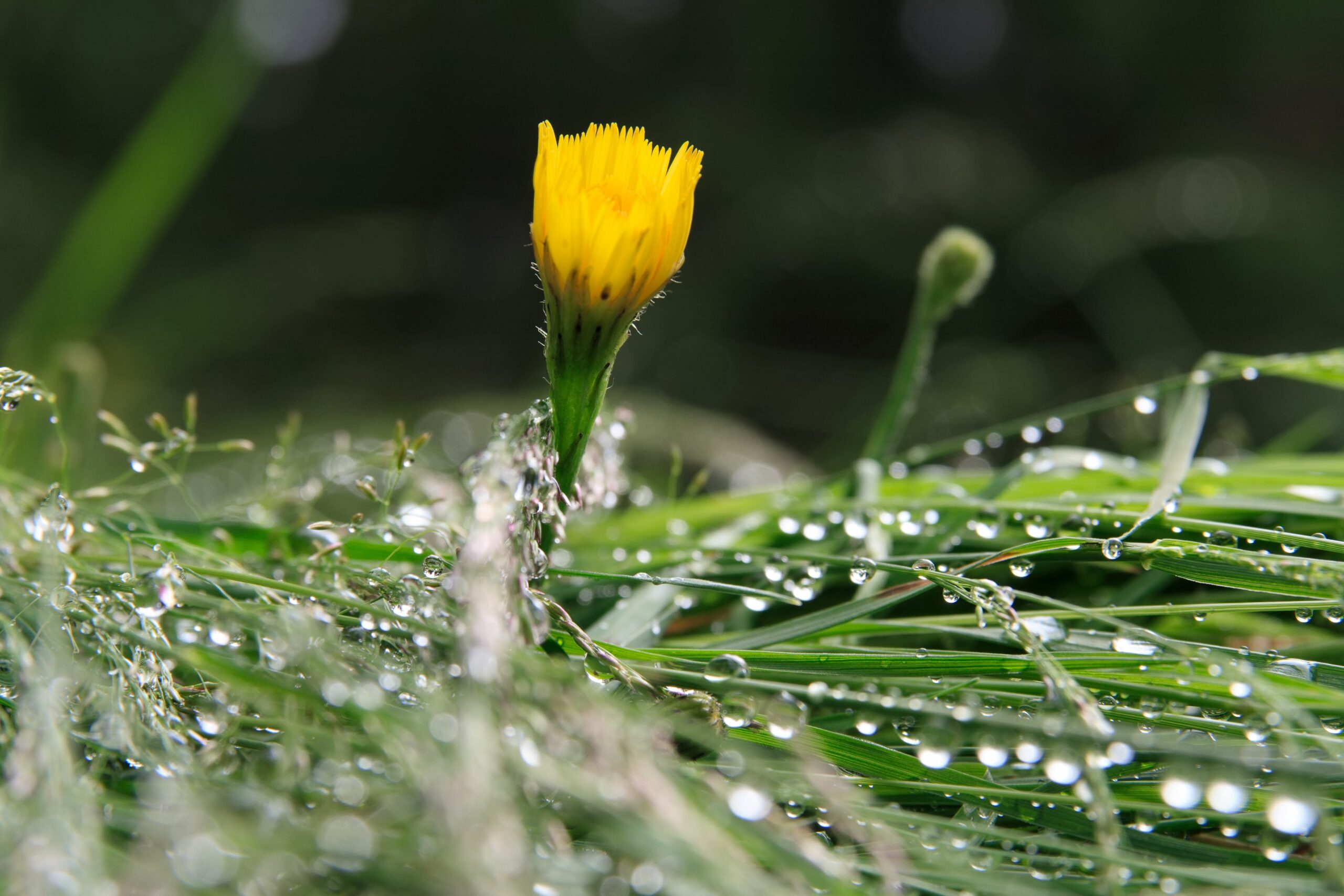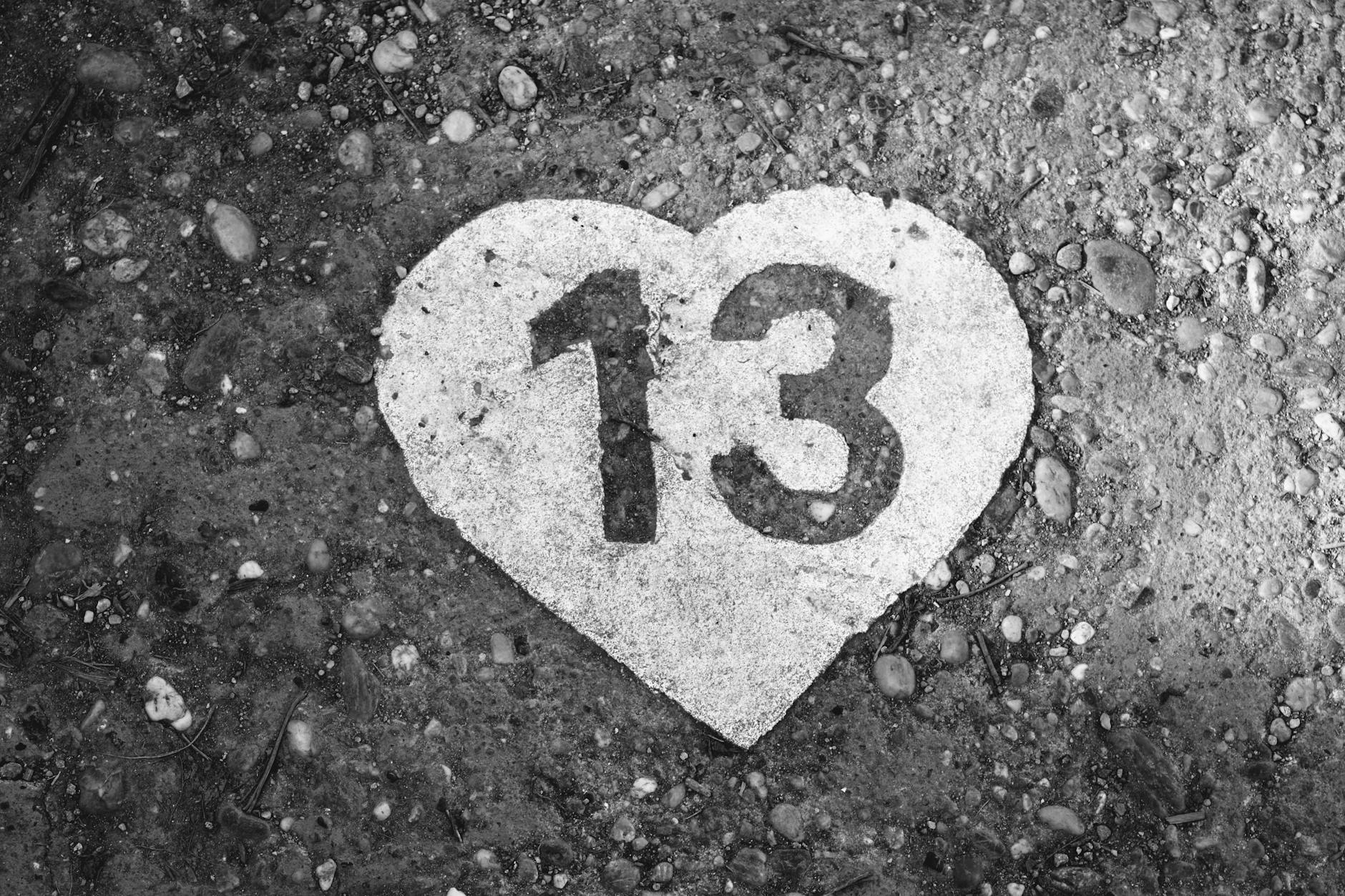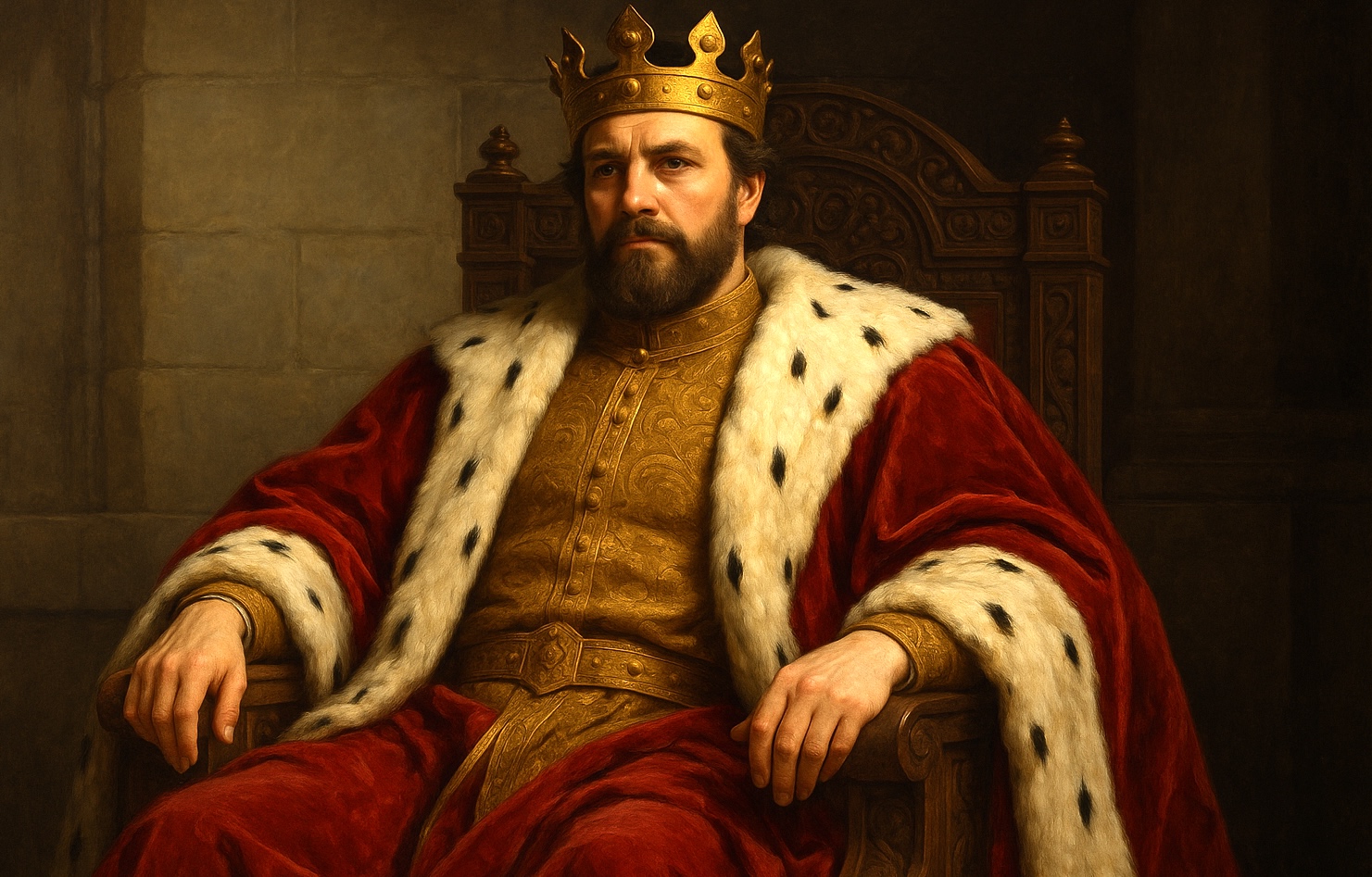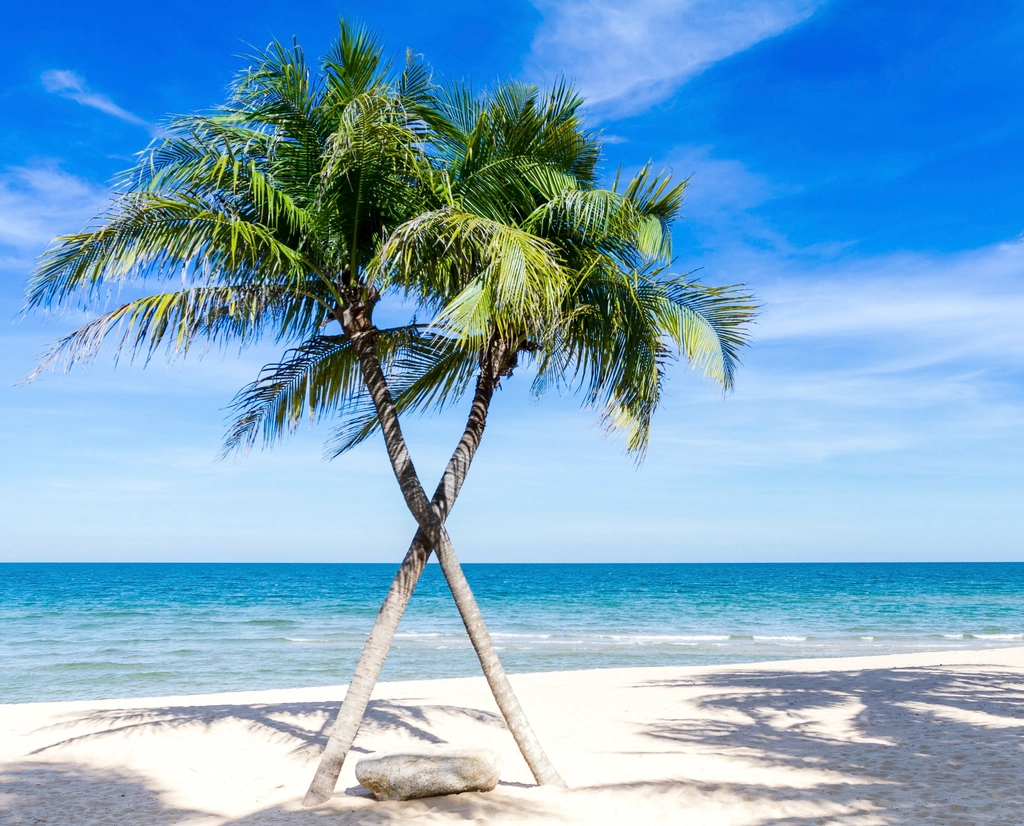In today’s world, we are surrounded by a sea of laws, rules, and regulations. Some of these are meant to guide human behavior in ways that align with moral principles, such as “Thou shalt not kill” from the Ten Commandments. But the majority of the rules we follow are designed to regulate the monstrous system we live under: the monetary system. Still, we consider ourselves free. But are we really? Is this true freedom?
On the surface, the idea of freedom seems clear. We seemingly have the ability to make choices, pursue our desires, and live according to our personal preferences. However, when we examine the foundations of the systems that govern us—systems that are grounded in the fears of lack and scarcity—we begin to see that this so-called freedom is an illusion.
It is fear that fuels the creation of rules, laws, and regulations. The ego, in its struggle for control and safety, creates systems that attempt to manage this fear. The monetary system—perhaps the most powerful of all these constructs—is built on the idea that there is never enough. The ego’s fear of scarcity drives us to hoard, protect, and compete. In this state of fear, we can never truly experience freedom because we are constantly bound by the invisible chains of need and competition.
Freedom vs Liberty
It is important to distinguish between true freedom and liberty. Liberty, as understood in modern society, refers to the freedom to act within the confines of established rules. It is the permission to do certain things, but always within the framework of what has been deemed acceptable by the powers that be. Liberty is essentially freedom within a system of control. And in today’s world the strongest element of control liens in money. We are all forced to use it if we want to eat, have clothing and a shelter.
True Freedom
True freedom, on the other hand, transcends any system of control. It is the ability to exist without any imposed boundaries—without rules, laws, or regulations that restrict the way we live. Except the laws of nature of course. True freedom is the absence of these artificial constraints, allowing us to act from our deepest essence, unbound by fear or the need for permission. In a world of true freedom, we would be free to express our most authentic selves without limitation or judgment.
Spiritual Freedom
According to many spiritual traditions, such as A Course in Miracles (ACIM), true freedom lies at the core of our being. We are, at our essence, pure divine awareness, at peace and free from the limitations the ego imposes. The world we see with our physical eyes, governed by the rules of society, is nothing more than an illusion created by the ego—an ego driven by fear. Fear of lack. Fear of the unknown. Fear of others who don’t look or think like us.
A World Without Rules?
No laws, no rules and no regulations? Is that possible? Or would there be chaos and anarchy?
The idea of a world without laws, rules, or regulations can seem frightening at first. We are so conditioned to think that rules are necessary to maintain order and prevent chaos that the notion of a society without them may feel impossible. Would we descend into chaos and anarchy, where everyone acts purely out of egotistical self-interest, without regard for the well-being of others?
I believe that a world without many man made rules is not only possible, but it is the world we are meant to create. The key to this lies in the shift from fear to trust. If we allow ourselves to fully embrace radical freedom, if we release the grip of the ego and its fears, we would naturally begin to act in ways that benefit the whole including ourselves. Without the constraints of the monetary system, without the constant need to protect our narrow interests, we would be free to create something beautiful—a world based on love, compassion, and shared purpose.
Imagine a world where the need for laws and rules no longer exists because everyone lives in alignment with their higher self, where cooperation and understanding guide our interactions rather than competition and fear. It may seem far-fetched, but it is what I envision in my book, Waking Up – A journey towards a new dawn for humanity, where the protagonist wakes up in such a world—a world where fear no longer dictates our behavior, and the systems that once enslaved us no longer exist.
What if we gave ourselves RADICAL FREEDOM? And what if, instead of recreating a monster like the monetary system, we created a completely new system based on complete freedom and trust? Instead of building a world based on fear, we chose to build a world based on love… In my book the protagonist wakes up in such a world…
Radical Freedom
In the film K-Pax, the main character Prot, an alien from another world, asserts that all beings in the universe know right from wrong instinctively. In many ways, I believe this is true. If we were to act from our deepest essence—our divine awareness, which transcends the ego—we would naturally create a world that reflects love, cooperation, and harmony. There would be no need for the arbitrary laws, rules and regulations that govern our every move today. Instead, we would simply live in alignment with the natural flow of life, driven by a higher understanding of our interconnectedness with one another and the world.
This is what I call radical freedom: the freedom to live without fear, to act from our true nature, and to create a society not based on scarcity and control, but on abundance and trust. Radical freedom is not about doing whatever our egos want without regard for others. It is about creating a world where every action is rooted in the understanding that we are all One. It is the freedom to trust, to love, and to be guided by a deeper wisdom that transcends the ego’s limitations.
A New System Based on Love
What would it look like if, instead of recreating the monster of the monetary system, we chose to build a completely new system? A system based not on fear and scarcity, but on complete freedom and trust. A system where every individual is valued, where wealth is not measured by money, but by the richness of our relationships, our creativity, and our contributions to the collective well-being.
This is not a utopian fantasy—it is a possibility that exists in each and every one of us. If we choose to act from our true nature, the ego will lose its grip on our world, and the illusion of separation will dissolve. Instead of living in a world where we hoard resources, we would live in a world where we optimize the resources and share freely, knowing that in the abundance of the universe, there is more than enough for all.
True freedom is not the absence of rules, but the presence of love. It is the ability to act in alignment with our higher self, knowing that in doing so, we contribute to the greater good of all. It is a world where we are free from the constraints of the ego, free from the illusion of scarcity, and free to create a world of peace, harmony, and joy.
In this world, we no longer need rules to tell us what is right or wrong, because we instinctively know the answer. We act from a place of love and understanding, and in doing so, we create a world that reflects these values. A world without fear. A world of true freedom.
What if we could build that world? What if, instead of following the rules imposed by an ego-driven system, we allowed ourselves to live in the radical freedom of love and trust? The possibilities are limitless. And perhaps, just perhaps, it is time for us to begin. My book Waking Up- A journey towards a new dawn for humanity was written to serve as an inspiration for humanity and an invitation to envision such a world…

